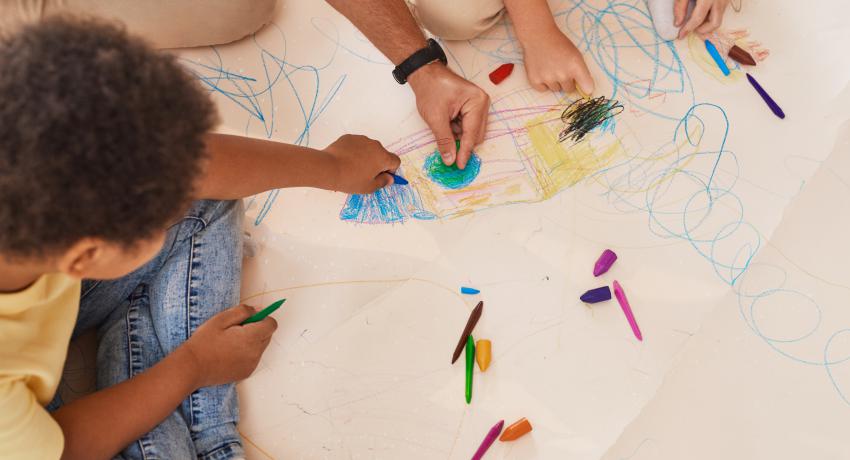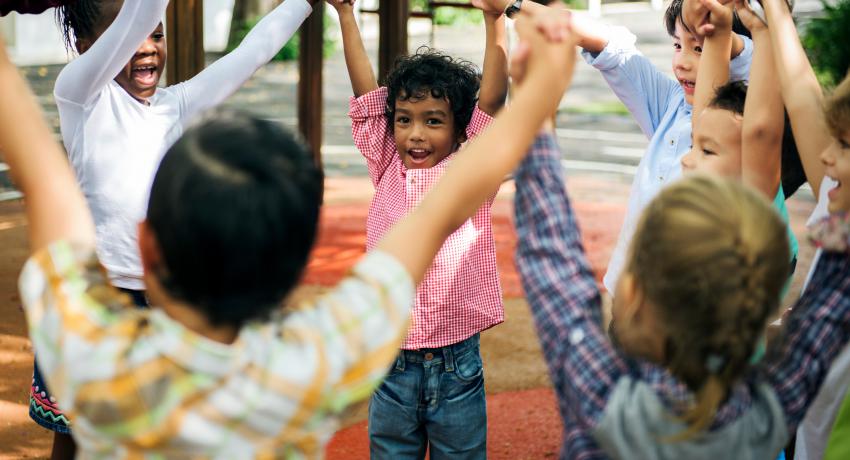Holding Hope IECMHC Program Supports Social-Emotional Development in Youth
The Fair Start for Kids Act (FSKA) funded the expansion of Infant and Early Childhood Mental Health Consultation (IECMHC) services offered to Early Achievers participants through Child Care Aware of Washington (CCA of WA). The




